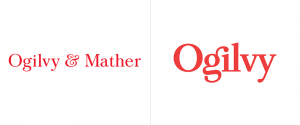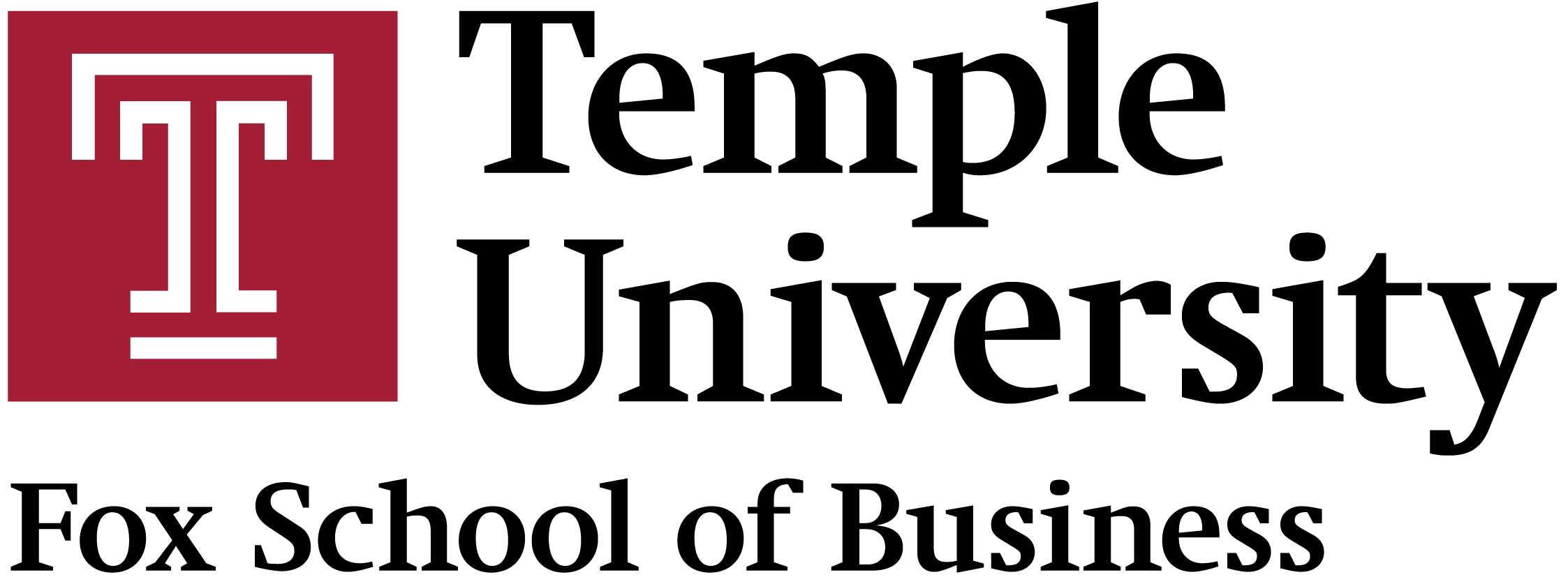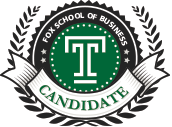Summer at Ogilvy NYC
How it started
It started with one week reading books, two weeks working on a short story, a moment of a self-doubt before submitting the application, and an interview. Two months, when the job search for the summer turned tremendously difficult, the offer letter from Ogilvy arrived on a fine afternoon.
What is Ogilvy ?

Founded by the David Ogilvy, dubbed the Father of Advertising by some, Ogilvy is a reputed full-service agency in the advertising world, under the holding company WPP. It is an expert in many disciplines, craft, and areas of expertise when it comes to brands: advertising, social media, fame-making, public relations, consulting, and transformation.
I joined the company when it was undergoing a major transformation of its own, and thanks to that everyone has the chance to revisit and review the company’s core values and strengths.
What I did there?
I am a Strategy Intern in Social Lab, which later became the Social Practice of Ogilvy.
My work during my time in Ogilvy:
- I conducted Social Listening on conversations surrounding prospective and existing clients. Through quantitative and qualitative analyses on social media data pulled from a dedicated tool, I put together key insights to help my team understand the audience and their perception of the brands’ products and services.
- Under guidance from a senior employee, I set up ad sets and collect links with tracking tags to track performance for our ads.
- I used Excel to produce tables to summarize performance metrics or to process data from social listening tools.
- I watched and analyzed over 50 entries in Cannes Lion to find the best one for the Social Practice, then presented in a meeting broadcast to all offices in the US.
- I worked on an intern project to create and pitch an original marketing campaign to a real client. I acted as the researcher for secondary quantitative sources, strategist, and ideator. In the end, our team won the pitch.
What do I think, after everything?
REFLECTIONS ON COLLEGE COURSES
— FRESHMAN YEAR
- I want to thank Professor Anderson for teaching me to look at my surroundings with both awe and scrutiny and to understand how the habitat we made for ourselves will facilitate more human activities. My personal project, done for his class, revolved around identifying the decorative and structural differences between thrift stores and traditional shopping establishments. Through visiting stores and interviewing “thrifters”, I discovered and documented the unique customer journey at these places and how the stores exude random creativity to maintain it.
- Thank you Professor Blackstone for giving me the first hard class in college, one that inculcated in me the value of effort, studiousness and constant inquisitiveness. When I received an A for his class at the end of the semester, I truly believed I have internalized the economic principles crucial to my future career.
- I have to thank Professor Eisenstadt for teaching me the basics of U.S Laws in such an engaging manner. I learned to think about legal decisions and disputes critically and to respect the principles of justice on which the United States is built upon. Thanks to this class, I was compelled to go and see the court in action. The class reminded me why I have chosen America to study abroad.
- I have to thank Professor Nelson for teaching me the fundamentals of business and most importantly, how essential it is to be ethical in the world of business.
— SOPHOMORE YEAR
- Everything seems to be harder once you got to sophomore.
- Honors Marketing Management, taught by Dr. Eisenstein, while difficult and time-consuming, was tremendously worthwhile for me. Not only were the lectures engaging, but the weekly business cases my team and I cracked every week have trained me to apply a comprehensive strategic and integrative mindset to business problems. I feel committed to my major more than ever before.
- The Data-centric Application Development class familiarized me to the structure behind websites and web applications. My learning rate for coding and new web technologies have increased tremendously since its completion, no doubt thanks to the strong foundation gained from this class.
— JUNIOR YEAR
- Lots of new things. For a more complete picture, I might as well wait until it’s finished to write the reflections.
A novice’s take on IoT
Sometimes one wonders why buzzwords are buzzwords. What’s so exciting about Internet-plugged cameras ? Plenty, actually. The Internet of Things promises systems of interconnected and constantly communicating devices, which range from household cameras to industrial sensors. This short video from IBM Think Academy neatly explained how it all works:
The headline of this Forbes article summarized the significance and problem of IoT: “The Internet Of Things is about data, not things”. The growing number of devices will generate abundant, rich, and hard-to-access data for analysis and data mining, an attractive premise for all data-driven decision-makers.
Through my coursework in my Data Analytics class, I understand that multi-sourced data must go through the Extract, Load, and Transform process to form an analysis-ready whole. How would one implement the ETL process on data created in the IoT environment, where hundreds of devices from different companies have their own data and meta data formats ? Will this become a Tower of Babel situation, in which data travel only between devices of branded systems ? If a standard is to emerge and unite the IoT landscape, what would it be ? One way to keep up is perhaps to keep watch on standardization initiatives and forming alliances in the industry, possibly through those on this comprehensive list by Postscapes. I believe that eyeing the future winners one of the most practical things to do as a student, because it reduces one’s risk of becoming obsolete.
Unlocking the value of IoT also requires powerful infrastructure to handle gigantic amounts of data. Some companies find itself having to stop relying on SQL databases and traditional data warehouses and to adopt NoSQL and big data solution, such as Cassandra and Hadoop to serve their expanding needs. Rockwell Automation Inc, whose data previously stored in its cloud architecture are “in the single-digit petabytes”, added a Microsoft’s Hadoop distribution, named HDInsight, to aid in pulling data from isolated databases holding data generated from different devices. Considering these changes, I realize that my current knowledge in databases will not be so useful in the world where IoT reigns, unless I use it to explore and understand more advanced and powerful analytical tools and infrastructures.
Sources reviewed
https://www.forbes.com/sites/moorinsights/2015/07/30/the-internet-of-things-is-about-data-not-things/#1f9a1e7d27cf
https://www.postscapes.com/internet-of-things-protocols/
_https://www.youtube.com/watch?v=QSIPNhOiMoE
http://internetofthingsagenda.techtarget.com/feature/IoT-data-analytics-spurred-on-by-big-datas-expansion
https://monterail.com/blog/2016/state-of-internet-of-things-standards-in-2016-in-search-of-the-best-iot-platform
My favorite articles
Why Walking Helps Us Think
My favorite classes
FRESHMAN YEAR
- I want to thank Professor Anderson for teaching me to look at my surroundings with both awe and scrutiny and to understand how the habitat we made for ourselves will facilitate more human activities. My personal project, done for his class, revolved around identifying the decorative and structural differences between thrift stores and traditional shopping establishments. Through visiting stores and interviewing “thrifters”, I discovered and documented the unique customer journey at these places and how the stores exude random creativity to support it.
- Thank you Professor Blackstone for giving me the first hard class in college, one that inculcated in me the value of effort, studiousness and constant inquisitiveness. When I received an A for his class at the end of the semester, I truly believed I have internalized the economic principles crucial to my future career.
- I have to thank Professor Eisenstadt for teaching me the basics of U.S Laws in such an engaging manner. I learned to think about legal decisions and disputes critically and to respect the principles of justice on which the United States is built upon. Thanks to this class, I was compelled to go and see the court in action. The class reminded me why I have come to America.
- I have to thank Professor Nelson for teaching me the fundamentals of business and most importantly, how essential it is to be ethical in the world of business.
SOPHOMORE YEAR
- Everything seems to be harder once you got to sophomore.
- Honors Intro to Marketing, taught by Dr. Eisenstein, while difficult and time-consuming, has been worthwhile. Not only were the lectures engaging, but the weekly business cases my team and I cracked every week have trained me to apply a comprehensive marketing mindset to business problems. I feel committed to my major more than ever before.
- In my Intro to MIS class, I got to work with a team to produce this infographic. We entered Temple’s Alexion Analytics Challenge with it, and much to my surprise, we got into the final round.
- You can find it here.
- The Data-centric Application Development class familiarized me to the structure behind a website and a web app. My learning rate for coding and new web technologies have increased tremendously, no doubt thanks to the strong foundation gained from this class.


The internship ended on Friday, August 3rd. I was waving goodbye and hugging my team, my project team, and the whole class of Ogilvy interns that afternoon.
After everything, I learned the foundation of almost all aspects of advertising: from research, planning, strategy, to creative, production, and (data-driven) delivery. My work in the Social Practice allows me to get in the middle of both technology and the humanities. I learned to look at conversation data for peaks, percentages, while using my understanding of culture to decipher the core idea and meaning behind the conversations. I was tasked with looking out into the industry and find the best and latest in Social, to enrich both myself and my team. I got to look into social platforms to understand them inside and out.
The best part though is to get to know the people. Ogilvy professionals are the top in their field, and despite the old, traditional name, are the most social and gregarious people I’ve seen. The whole class of interns are genuine, kind, and incredible driven. I found out that my network expanded 3 folds with them in it, and that they taught me so much during my time working on a project with them.
I completed my internship with a greater network, many more friends, and a direction. I know that the Associates Program of Ogilvy lies ahead, and I will use every bit of myself and what I learned here to get in again.
However, Ogilvy has given me the ability and strength to go seek out and pursue the opportunities. For that, I have never been more confident.